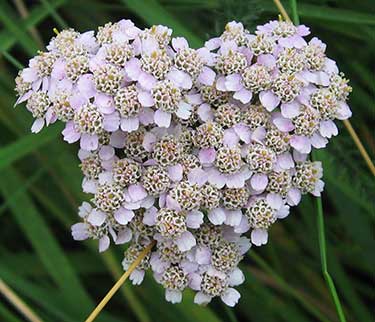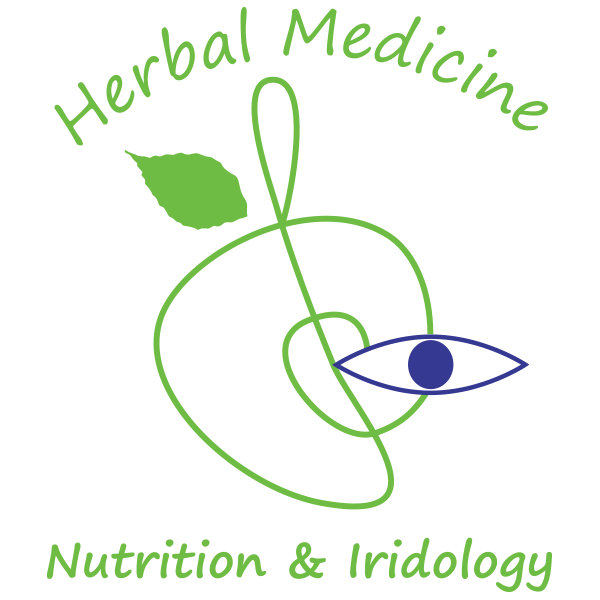Why consult a medical herbalist?

The short answer is: because herbal medicine works. So why are more people not seeing medical herbalists? —Because herbal medicine does not offer a quick fix. It requires the patient to become an active participant in their own healing and more often than not, to change their dietary and/or lifestyle habits to prevent a relapse or the emergence of a whole new set of symptoms.
When you visit a medical herbalist with a set of symptoms the response is not to simply make the symptoms go away but to understand why your body is manifesting those symptoms. This helps us to get to the root-cause, when this is addressed there is less likelihood of your symptoms returning or re-emerging with some variations or in a different part of the body.
Healing with herbal medicine invites you to become a full participant in your own healing process. It cannot happen without you. The saying that “all healing is self-healing” is indeed true. As a medical herbalist I can facilitate your healing process. I will use my skills to assist you but I will be relying on your own innate healing abilities. More importantly I will be relying on your willingness to learn and apply what you are learning through your healing process.
We need to understand the language of the body. It speaks to us through the aches, pains, rashes, fatigue and the myriad of symptoms that may arise to get our attention. Attention brings us into awareness and connects us with the inner wisdom of the body. When we trust our inner wisdom we can become aware of what it is we need to do to heal and move on with purpose. I mention the word purpose because more often than not, an illness will serve the purpose of reminding us that we need to nourish ourselves with a wide variety of nutrients in varying amounts, or to learn to relax or to love and respect ourselves a little or a lot more. It brings us to a deeper understanding and appreciation of who we are.
One of my favourite old time herbalists is Dr. Edward E. Shook:
Many thousands of people have been completely restored to health by the intelligent use of herbal remedies, after the greatest and reputed best of physicians had failed. Modern science now comes to our assistance and through chemical analysis reveals the fact that all the chemical elements of which our bodies are composed, are contained in the roots, barks, leaves, flowers and fruits of herbs.
The majority of people who come to me have already been down the conventional medical path. They may have found temporary relief but now have multiple complications due to the side-effects of their medications. Some were told there’s nothing wrong with them or that they would just have to learn to live with their condition. Intuitively they know that they can heal, they are seeking an alternative and may have tried numerous other healing methods before deciding that maybe herbal medicine can help. Some patients have witnessed their family or friends recover with herbal medicine and a few simply prefer to try a natural form of healing. It does not always have to be an either or choice. Herbal medicine can also work alongside conventional treatment to offset unwanted side effects of medications or to further assist healing following surgery or a long-term illness. My training as a medical herbalist included the study of drug and herb interactions and while some herbs are contra-indicated alongside pharmaceutical drugs, many can be safely used.
When not to choose herbal medicine
Acute conditions need quick relief, which is what conventional drug therapy offers. Antibiotics are sometimes the best solution, unfortunately they have been over-prescribed but there are times when you need to arrest a serious infection, as letting it run its course could do more damage. Indisputably, A & E is the place to go in a medical emergency.
Herbal medicine excels in treating many chronic health conditions.
Where a condition such as rheumatoid arthritis is very advanced it may help in the management and prevent further deterioration. The many conditions that herbal medicine can successfully treat include:
- Digestive conditions: such as Irritable Bowel Syndrome (IBS), ulcerative colitis, Crohn’s disease, acid reflux (GERD), chronic constipation and food intolerances.
- Cardiovascular conditions: such as high/low blood pressure or cholesterol, anaemia, poor circulation and fluid retention (oedema).
- Respiratory conditions: such as asthma, bronchitis and chronic obstructive pulmonary disease (COPD).
- Urinary system conditions: such as cystitis, incontinence and kidney disease.
- Skin conditions: such as acne, psoriasis, eczema and fungal infections.
- Neurological condition: such as migraines, shingles, Parkinson’s, and multiple sclerosis
- Musculoskeletal conditions: such as arthritis and fibromyalgia.
- Reproductive system conditions: such as infertility, prostate enlargement, painful and/or irregular menstruation, before, during and after menopause.
- Emotional/mental conditions: such as depression, anxiety, stress and insomnia.
- Other conditions: such as chronic fatigue, low immunity, diabetes, thyroid imbalances and seasonal allergies.
I tried herbal medicine and it did not work!
Usually I hear this when people have consulted books or websites and self-prescribed. They have read for example that Echinacea prevents colds and flu, went to their health food shop and bought a bottle of Echinacea capsules or an extract and later decided it did not work when their cold or flu symptoms failed to clear or returned. Having said that, I also know where this works very well for some people, they are usually well tuned in to the wisdom of their body.
Many herbs are more effective when combined with other herbs that support their actions or assist sister organs in the body. An understanding of the actions and interactions of herbs is required to formulate an effective herbal remedy. Often two people with the same symptoms will be prescribed different herbal remedies, as their symptoms may arise from differing causes or imbalances. If your immune system is compromised it can be due to poor nutrition, chronic stress, a low emotional state or any other number of factors. Identifying and addressing the cause will determine the herbal response and dosages.
Using medicinal quality herbs makes the difference
Herbs are also a rich source of micro-nutrients that can be difficult to obtain from dietary sources alone. Commercial herbal supplements made using only the identified active ingredients are missing these vital nutrients plus the inactive ingredients that act as a buffer and protect the body from unwanted side-effects. I source my herbs from medically approved suppliers who guarantee the quality, traceability and ethic standards of growing, harvesting, storing and processing herbs. Western herbal medicine offers a safe and efficient way of regaining and maintaining health. Centuries of use, as well as modern scientific evidence, confirms its efficacy and safety.
Nature is ever young and beautiful, ever vibrant with life and more life —why not man?
∼ Dr Edward E. Shook

